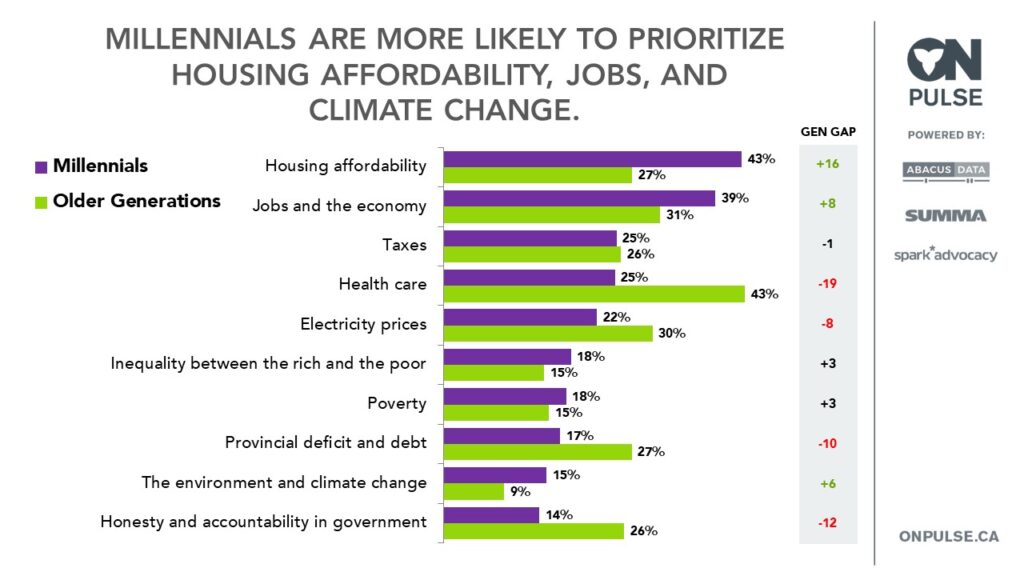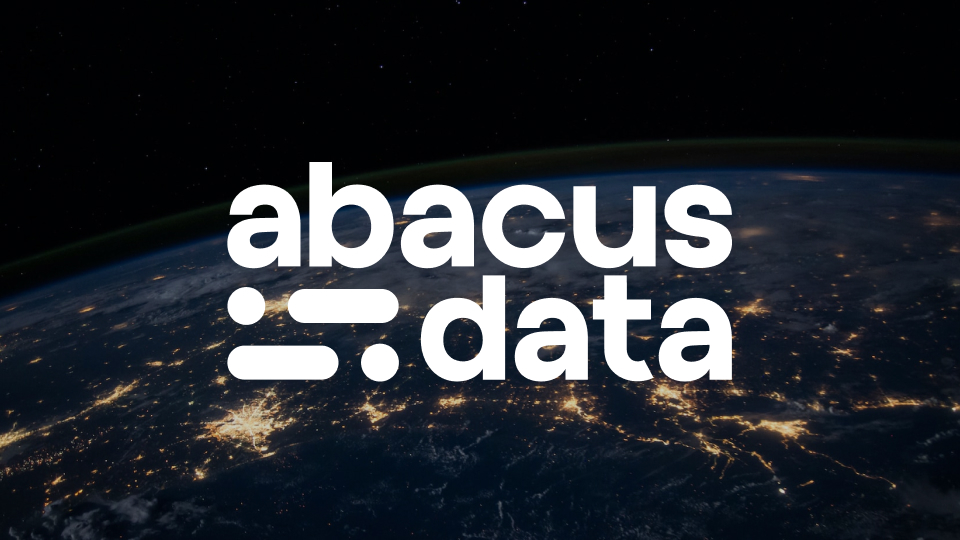Will June 7th belong to the millennials?
June 4, 2018
There is less than a week till June 7th – election day for the province of Ontario.
There is a question looming over the heads of Ontario’s political parties. That is, whether millennials will turn up to vote or not and if they do, where their votes will be cast. This year, 25% of the Ontario electorate is made up of millennials (those aged 18-37). This is the first time that millennials will outnumber their boomer parents in an election. For Ontario, this is truly the first “millennial election”. For the first time in their lives, millennials can play king (or queen) maker and can decide who forms the government in Queen’s Park come June 8th. However, there is that albatross of a question, will they turn up to the polls? Historically, Canadian politicos have written off young people as a viable bloc of support, but as the millennials have matured they have begun to show up and put their collective fingers on the electoral scale. Younger voters have shifted Canadian politics before, as in the 2015 federal election. With a 20% increase of the youth voter turn out, Justin Trudeau’s Liberals were given the mandate of a majority government. We have also seen what happens when millennials stay home with the election of Donald Trump as President of the United States in 2016. So, what motivates millennials to vote? Let’s explore that question.
What is stopping millennials from voting?

Other than the classic arguments of political disenchantment and the lack of parties appealing to millennial priorities, there are several difficulties that can hinder a millennial voter from participating in their civic duty. One of the main stumbling blocks for these young voters is simply that they’re new to voting. While they might have seen mom or dad go to the voting booth and cast their ballot they don’t really know how this whole voting process works. Here are some common glass barriers that millennials tend to stumble into.
- How to register: In most Western democracies citizens are required to register with a central voter registry for their jurisdiction to vote. For Ontario this body is Elections Ontario. For many millennials, this provincial election will be their first and while they might have heard of voter registration they don’t necessarily understand how to instigate the process. Online registration is doable online through Elections Ontario but is now closed. This may confuse millennials as they may be unsure if they can vote without pre-registering. However, it is totally acceptable to register as a voter at the polling station on voting day.
- Work conflict: Nearly all millennials are now engaged in the labour market. Holding junior and in some cases precarious positions in their organization, they are hesitant to ask for time off to vote before the polls close. Many don’t know that they are allowed to take time off work to ensure they have 3 consecutive hours without being docked pay in order to vote.
- Studying out-of-province: Millennials are famously the most educated generation in history. Because of this many are studying out of province or out of the country. Mailing in a ballot is a fairly simple process for most. However, for millennials who rarely use postal services the very idea of obtaining a mail-in ballot, going to a post office, purchasing a stamp, and sending your decision by snail mail is intimidating and possibly too burdensome to even bother with. There could also be confusion on the process of voting in one’s home versus school riding if the two happen to be different.
- Not knowing the election date/candidates: This one might surprise our seasoned boomer audience, but millennials live notoriously curated lives. Ignoring traditional media almost completely and sheltered by filter bubbles as they navigate the web, it is very difficult to reach the average millennial. The Ontario Elections Act only dictates that, “the returning officer shall cause the notice to be printed and copies to be posted in conspicuous places in the electoral district.” We have two problems here, print and posts. Millennials neither read printed publications nor pay much attention to printed notices in the real world. So, unless a millennial actively searches out the electoral date and local candidate (which will start with a Google search) there is a very good chance that they simply don’t know.
Beyond these barriers, there is the real possibility that millennials are truly uninterested in the electoral options presented for them. Millennials are different than other voting segments. Both their life stage and their generational circumstance influence their policy priorities.
Which policies attract millennials?
A game-changing millennial vote requires platforms that cater to millennial concerns. In our latest ONPulse opinion poll we found that the top three millennial priorities in Ontario are housing affordability, jobs, and the economy, with healthcare tied for third. To be relevant to Ontario’s youngest and now most powerful voting bloc, party strategists need to take their priorities into account, and for this election, they have. The Ontario Liberals are addressing housing affordability by planning to maintain rent controls to making properties more attainable for new renters. The PCs are looking to improve healthcare by introducing 30,000 hospital beds to give resources to hospitals and improve wait times. The NDP are tackling job concerns by pledging to introduce 27,000 co-ops and internships for students to gain work experience in their field of study.

The three main party platforms do connect with the younger population in some regards to post-secondary education as well. The Ontario NDP promises to waive overdue OSAP debt (which includes refinancing those who paid their debt back). Liberals are looking to raise the minimum wage up to $15 and have also previously passed legislation to benefit students such as free tuition for OSAP applicants who meet the requirements. The PCs are offering a tax break for all minimum wage workers, meaning anyone working at the minimum wage – will not pay provincial taxes.
Beyond partisan promises, voting is a unique social media opportunity. Politics is, more than ever, much more than a conversation at the dinner table. When voters post online that they went out to the poll and voted, it convinces their online followers and friends to do the same. Millennials are the most connected to social media platforms, and they can be used as a form of encouragement and democratic engagement.

